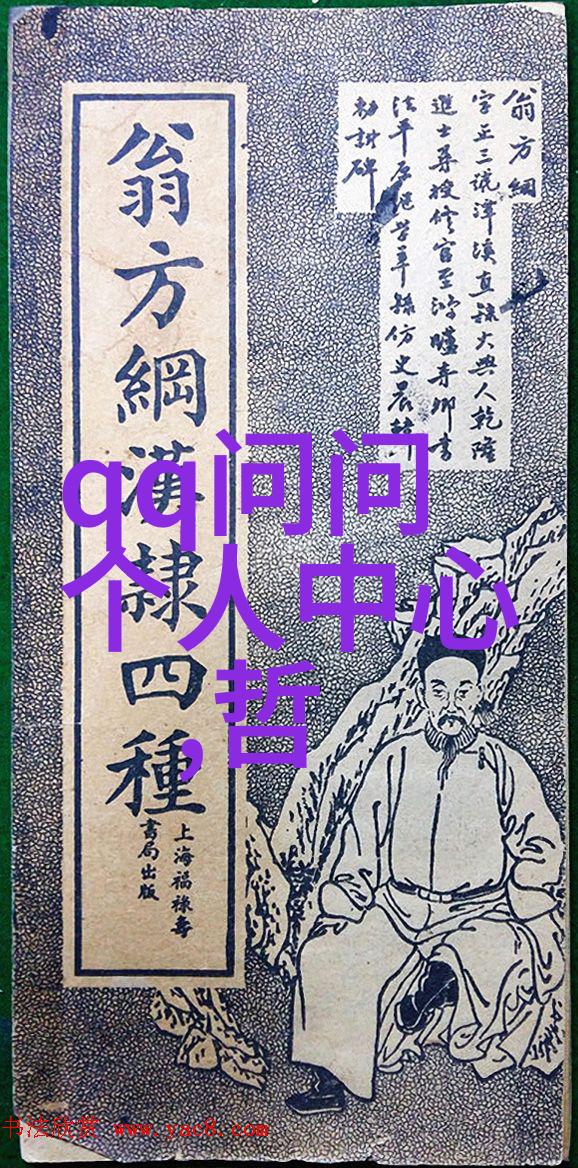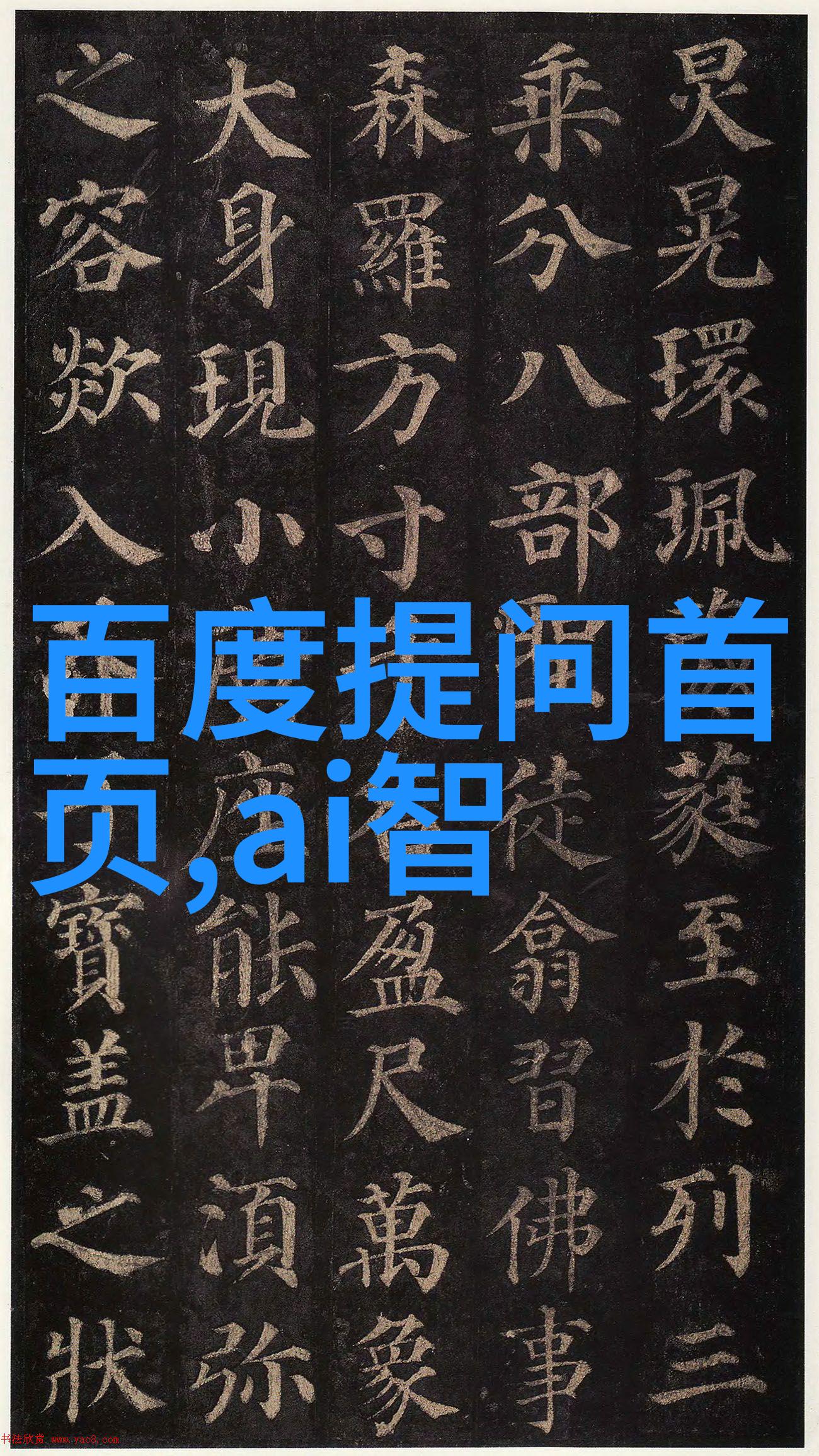Lu Xun, a renowned Chinese writer, poet, and thinker, is widely regarded as one of the most influential figures in modern Chinese literature. His life and legacy have had a profound impact on China's cultural landscape and continue to inspire new generations of writers, thinkers, and social activists.

Born in 1881 in Shaoxing, Zhejiang Province, Lu Xun was raised in a Confucian family that valued education highly. He studied medicine at Hangzhou Normal School but eventually turned to literature after being exposed to Western thought during his time at Tokyo Imperial University. Upon returning to China in 1902 with a deep understanding of foreign culture and languages such as English, German, Japanese and Russian which significantly broadened his intellectual horizon.
His literary career began with short stories written for newspapers. In 1919 he published "A Madman's Diary," which exposed the brutality of foot-binding practice prevalent among women at that time through an unnamed narrator who gradually loses his sanity while contemplating this tradition. This work marked the beginning of a new era for modern Chinese literature by introducing realist themes into fiction writing.

Lu Xun continued exploring different genres like poetry (e.g., "Wild Grass") where he addressed topics ranging from love songs to social issues; essays ("Impressions of Sao An"), revealing observations about human nature; translations (including works by Voltaire), promoting Enlightenment ideas within China; editorials (for publications like New Youth), critiquing societal problems including superstition & conservatism often found within traditional Confucianism.
In addition to these literary pursuits he also engaged himself actively against feudal customs such as footbinding or arranged marriages advocating instead for women’s rights & equality between men & women – all these efforts were part not just personal convictions but deeply rooted within broader political context following May Fourth Movement when intellectuals sought radical reforms leading towards democracy & individual freedoms
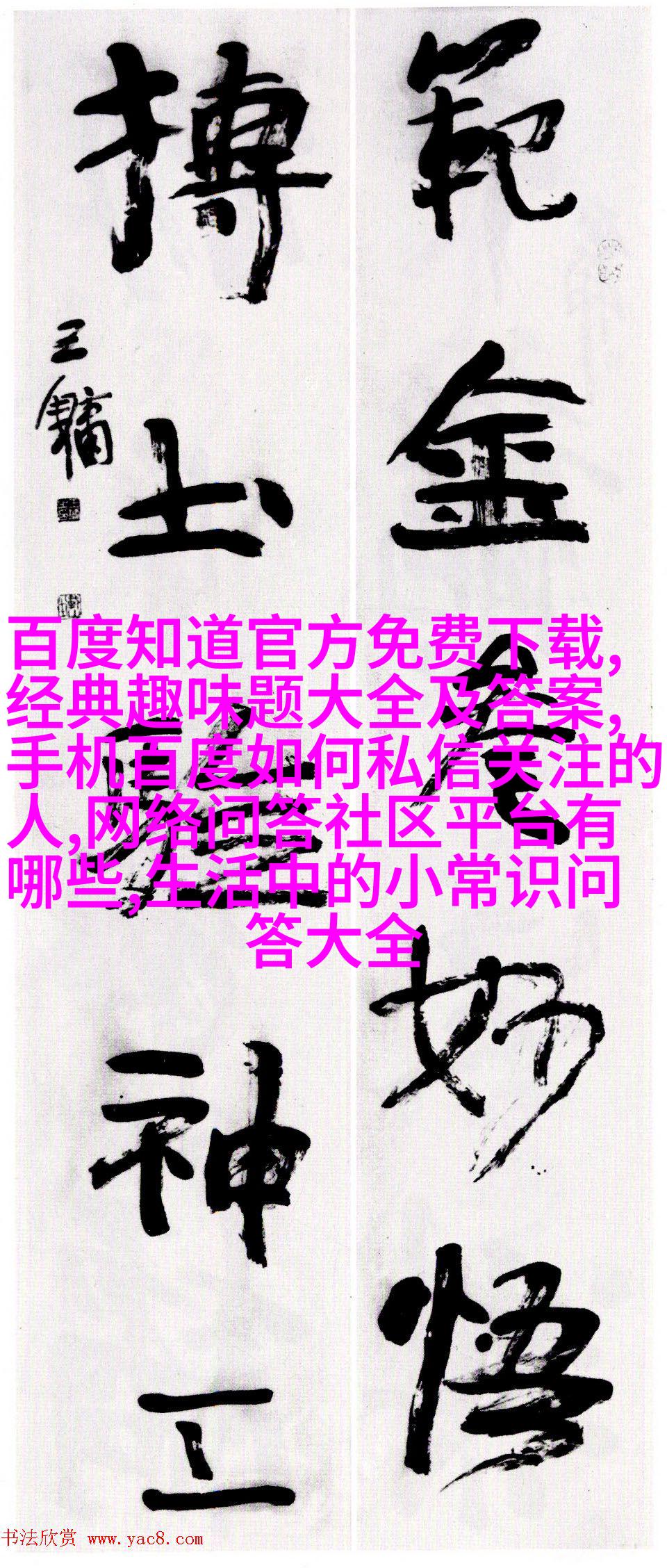
Lu Xun's writings are characterized by their critical stance towards societal norms that perpetuate injustice or inequality. His works provide insightful commentary on various aspects related to human nature—both positive qualities such as empathy compassion courage resilience—& negative traits like selfishness cruelty ignorance prejudice superstition—often embedded beneath layers superficial appearances
One can argue without doubt that Lu Xun played pivotal role shaping Modern Chinese Literature through several key contributions:
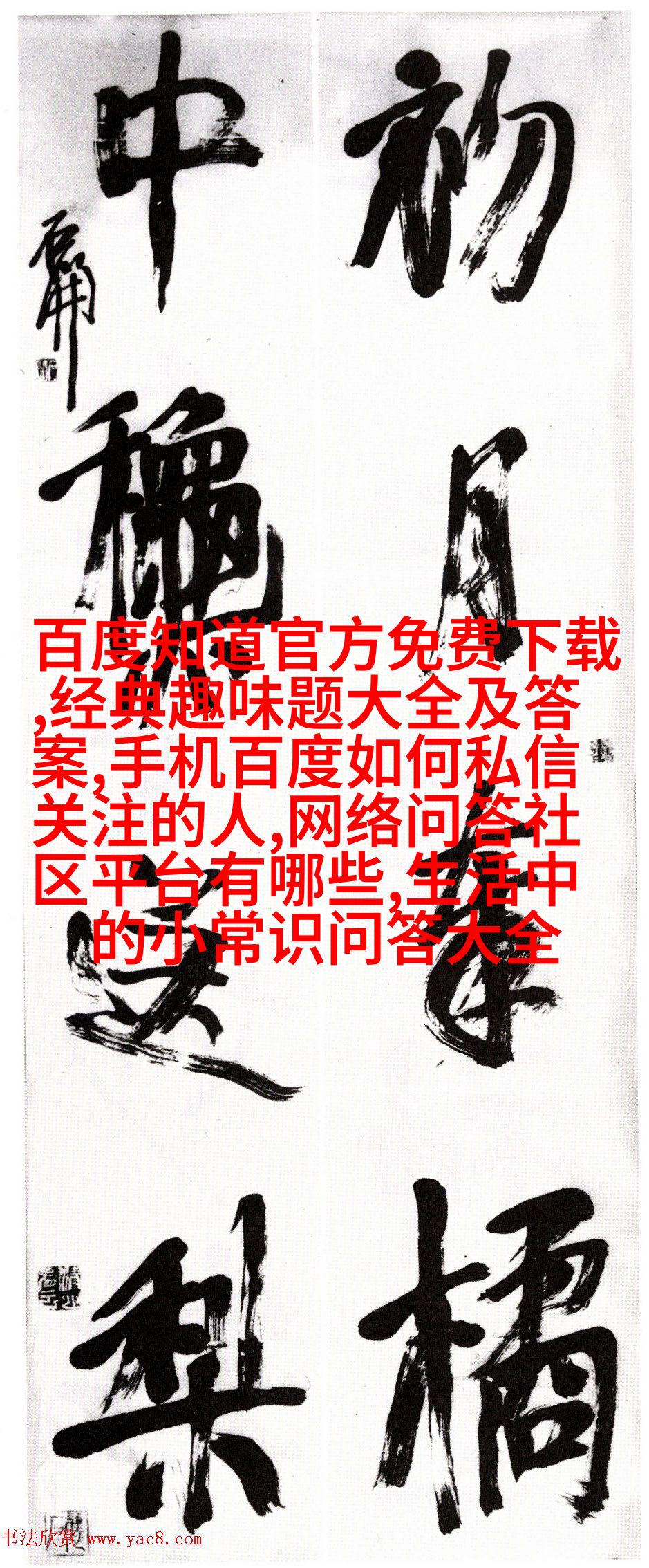
Realism: Introducing realism into fiction writing allowed him tackle subjects previously unaddressed.
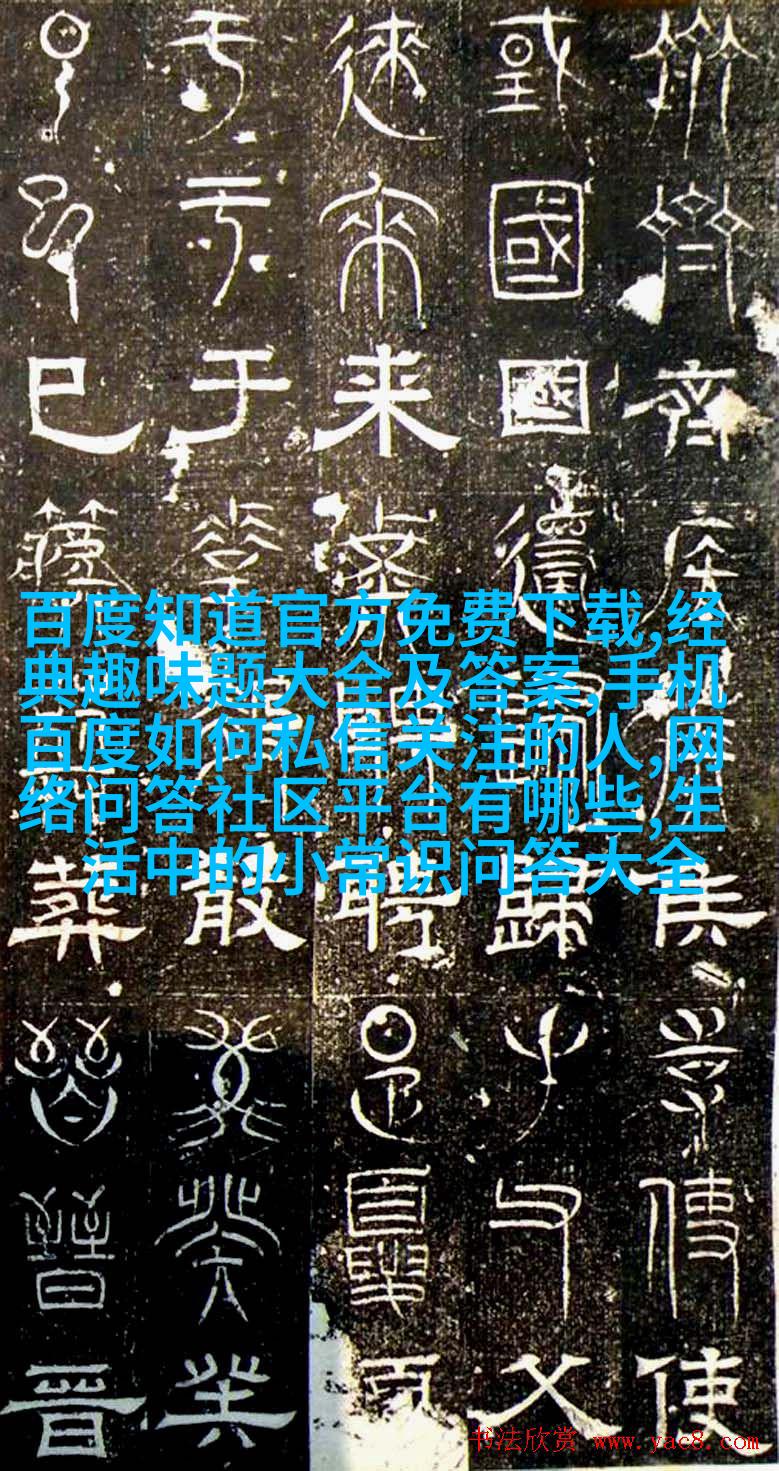
Critical thinking: Advocating reason over blind adherence encouraged readers think critically.
Translation: Promoting enlightenment ideas helped shape public opinion toward progressive change
Social activism: Using media platforms championing causes like women's rights led fight against oppressive practices
The impact extends beyond literary circles too - many young minds turning away from dogmatic traditions took inspiration from him & embraced reformist views thus influencing larger national discourse around politics economy society culture
Through countless questions we ask ourselves about our own lives societies cultures there exists no better guide than LuXuns' powerful words offering reflections upon humanity itself They serve reminder not only about importance individual introspection but also collective responsibility nurturing true progress amidst ongoing challenges facing us today



